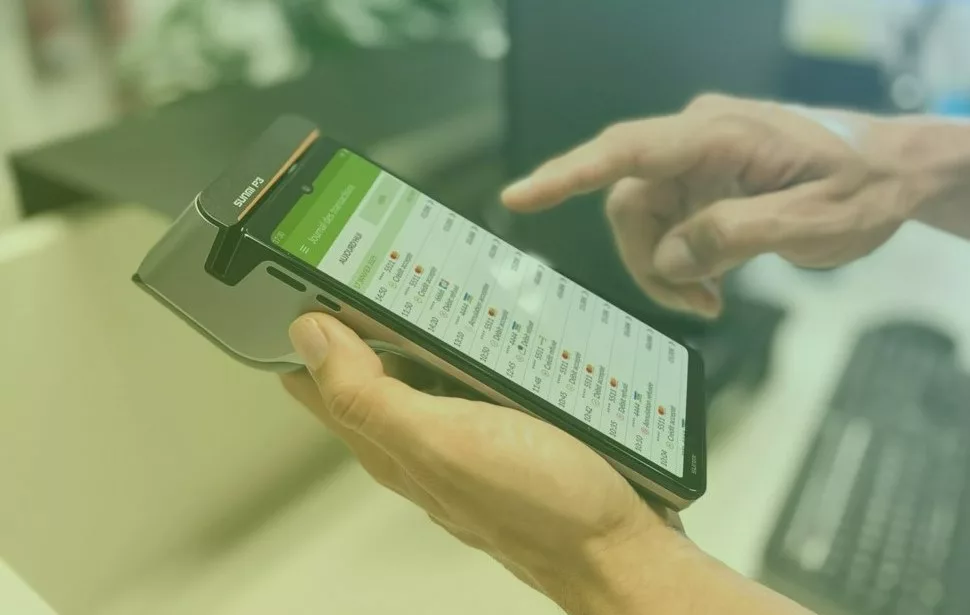The focus tends to be on large retailers when discussing payment offers and solutions. Multinational companies and businesses with a wide range and portfolio of customers have an annual turnover of millions of euros and, consequently, must offer and provide the widest variety of payment possibilities and options to their already large number of customers.
However, in this section, we often leave aside the forgotten small businesses in the retail sector, which can never reach the sales figures of the global retail giants and must look to innovation and ingenuity to build customer loyalty and boost sales conversion.
Obviously, like David against Goliath, there will never be equal competition, and small businesses must find a way to find their niche and build loyal customer relationships. The solution does not necessarily lie in the range or number of payment options and/or alternatives to offer, where large companies will always have an advantage regarding resources and customer volume.
Merchant Payment Methods
Card payments, direct debit, transfers, cash on delivery, digital wallets, cash, cheques, and payment gateways for online businesses. We all know the wide range of payment options and possibilities that we like to refer to. What is the optimal way to approach payment in small businesses?
We refer to retail services provided daily in businesses such as hairdressers, plumbers, hardware stores, home repairs etc. The options for these small businesses may involve offering or betting on different or alternative methods that are not yet fully consolidated or established in large companies.
Below, we present some of the most interesting ones, depending on whether they are small businesses with a physical presence and direct in-the-shop sales or online e-commerce businesses.
In-Store / Physical Business Payment
Physical or in-store shops refer to purchases or services that are obtained in person. Examples of these include buying from a retail shop or hiring home services such as a plumber or locksmith. The payment is made physically, in person, and offline in all these cases.
We have all experienced these situations and know the most common payment methods, by card, cash, etc. But what is the situation when the small shop does not have a POS terminal? What if we have forgotten our wallet at home?
Sometimes, we must go out on a Sunday to do a quick errand at a small local shop. These shops may not have as many payment options as bigger stores. On the other hand, the use of cash is also becoming less frequent and drastically decreasing in the face of the rise of credit cards, mobile payments, etc. The latter, with options like Apple Pay and Google Pay offering a convenient alternative payment method.
E-Commerce / Online Business Payment
In the case of small shops with a website, it is common for these to include a payment gateway and the option to pay by credit card, but generally, a payment suite that is still quite far from the multiple payment options offered by large eCommerce, from transfers, cash on delivery, integrated APIs, digital wallets to pay in your home currency, etc.
Small e-commerce businesses can choose other innovative options like pay by link. This creates a payment link for customers to complete their purchases. They can also use mobile payment apps that are integrated. This is a trend that is becoming more prevalent in the world of online payments.
These are just some of the many options and possibilities offered by the infinite universe of payments. It is also important to remember that online payments can involve many and varied risks (Fraud, Chargeback, Card Data Security), and it is, therefore, important, even for smaller businesses to have the necessary monitoring technology.
Ultimately, the key to success will be to find the payment set-up and methods that satisfy your customers, make them feel secure and comfortable in the transaction, and suit your needs as a merchant.




